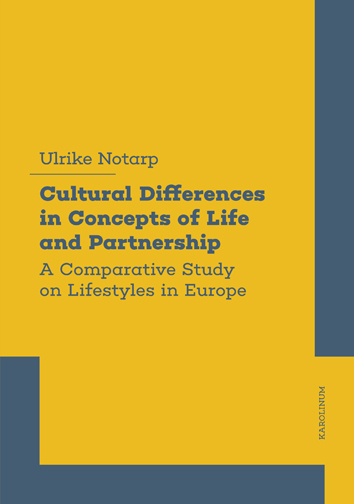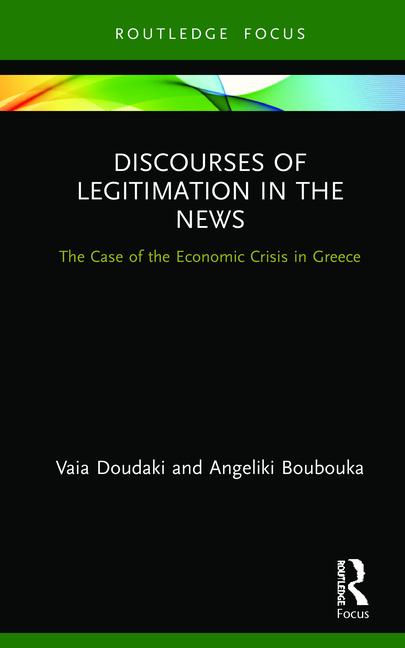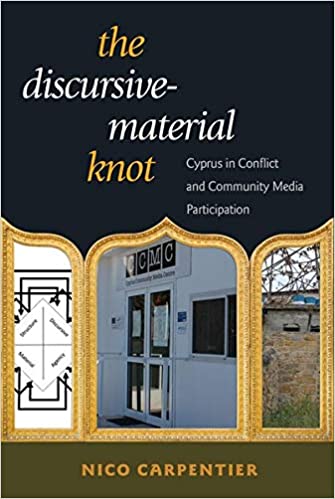Publications
Publications
The most important publications of our institute in recent years.
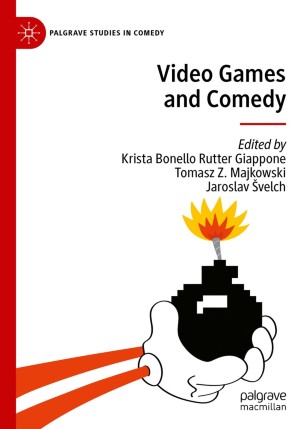 |
Video Games and Comedy
Krista Bonello Rutter Giappone – Tomasz Z. Majkowski – Jaroslav Švelch
Provides the first book length study on the intersection of comedy and games studies. Brings together comedy studies, game studies, media studies, philosophy, anthropology, and folkloristics. Can be used in teaching a wide range of classes at both undergraduate and postgraduate levels. |
|
Iconoclastic Controversies The book combines photography and written text to analyse the role of memorials and commemoration sites in the construction of antagonistic nationalism. Taking Cypriot memorializations as a case study, the book shows how these memorials often support, but sometimes also undermine, the discursive-material assemblage of nationalism. |
|
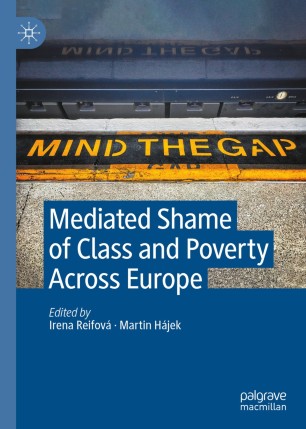 |
Mediated Shame of Class and Poverty Across Europe Irena Reifová – Martin Hájek The key concepts of the book are media, class, poverty, and shaming. The contributors to this book examine how certain social relations and their cultural meanings in the media, namely class and poverty, are transformed into factual or moral attributes of people and situations. Class and poverty are not understood as certain things and actions, or concepts and numbers; both class and poverty are assumed to be, above all, particular social relationships or a set of relations between people, things and symbols. Without denying that contempt for the destitute Other is an affect found throughout history and in various socioeconomic contexts, the chapters in this book – through their concern with the mediated gaze on class – narrate predominantly the challenges brought about by the media’s spectacular take on poverty and low status as they (at least) coincide with the neoliberal era. |
|
Post-digital Photography (Czech) Photographs taken using the current generation of mobile phones and digital cameras are created in a way that is radically different from the traditional principles of photography. Their nature is algorithmic: by pushing a button we set in motion a number of complicated computational operations, whose existence and function are beyond our comprehension. An increasingly smaller role is being played by the active human element, the importance of artificial intelligence is on the rise and visuality itself is beginning to take on a computational nature; photographic manipulations and their perception in photojournalism have entered a new era. Filip Láb describes this era with keen interest, a sense of technological detail as well as the ethos of the photographic work. |
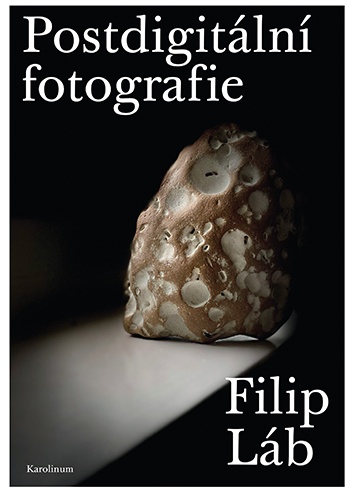 |
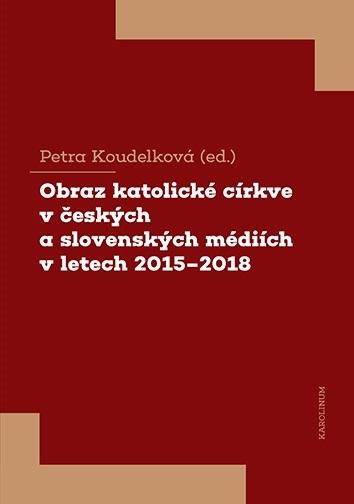 |
The Image of the Catholic Church in Czech and Slovak Media between 2015–2018 (Czech) The media shape the contemporary image of Christian churches and subtly shape the audience’s approach, while at the same time reflecting the state of the society and its attitudes to religion. How do they communicate Christian values and principles today? How do they communicate with believers and with the secularized public? Which topics are medialized and why? This collective monograph provides a comparison of the situation in the Czech Republic and in Slovakia and offers insights into different areas of the society which are related to the image of churches in the media. |
|
At Sea, Behind the Fence, On the Net (Czech) Lenka Vochocová – Jana Rosenfeldová – Tereza Krobová The book deals with civic participation in the environment of social networks, internet forums and online discussions. It examines, on the basis of the author's own research and on the example of debates on the European migration crisis, how people communicate online on important social and political issues. Above all, however, with the help of knowledge from the field of communication studies, it helps to understand the great polarizing force of the topic of the migration crisis, which also manifested itself in the environment of digital media. It also deals with the influence of emotions or gender relations in society on the escalation of the public debate on migration. |
|
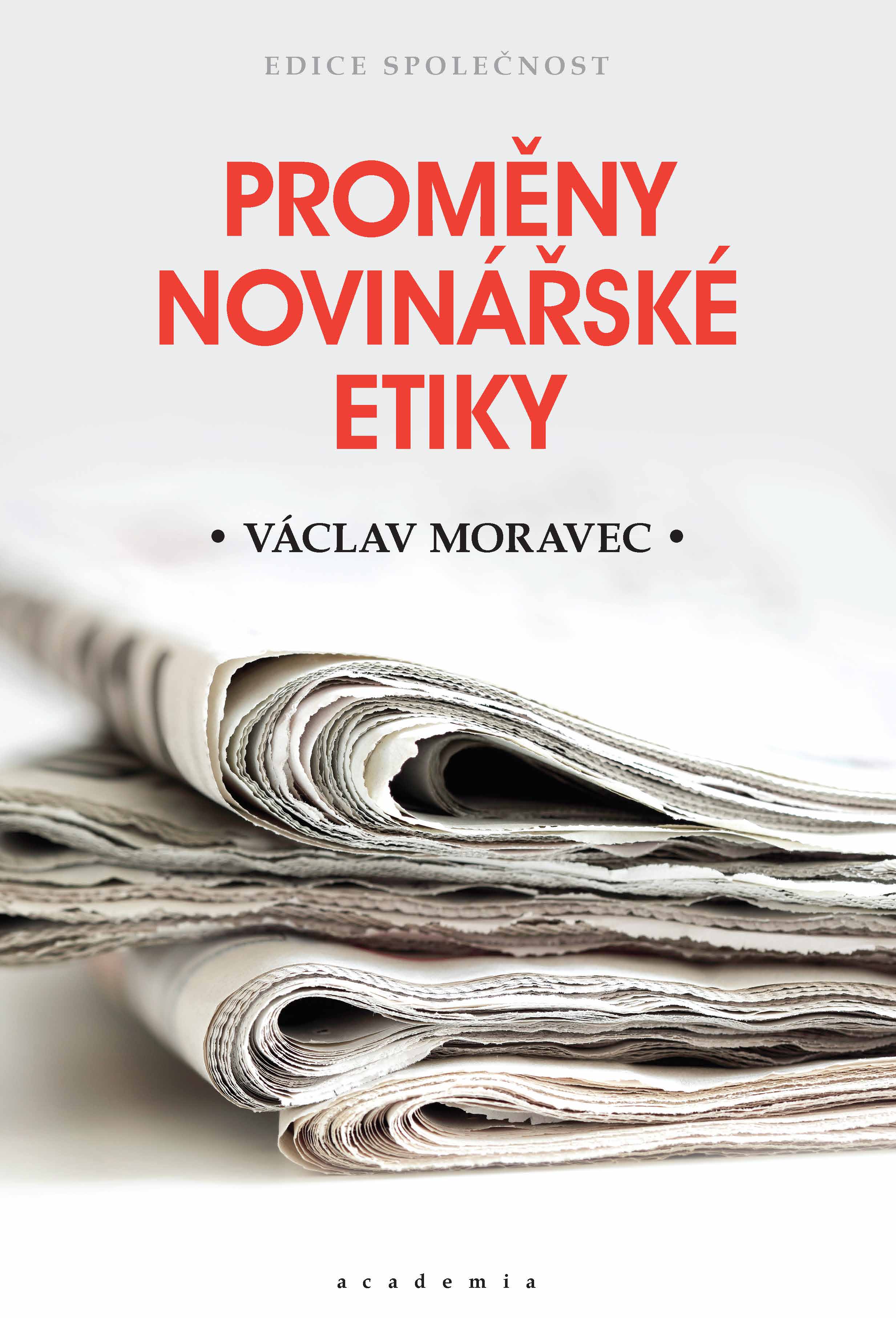 |
Changes in Journalistic Ethics (Czech) Today's journalists encounter a number of ethically controversial situations and phenomena in their work, which can affect both the performance of their profession and the texts or programs they create. Invasion of privacy, the phenomenon of turbonews, so-called checkbook journalism, deception or incorrect reporting of the latest medical discoveries are just some of them. In his monograph, the university pedagogue and journalist Václav Moravec presents journalistic ethics as a part of applied ethics and analyzes ethically controversial areas of journalists' activities. It also focuses on individual forms of self-regulation of journalism, deals with their origin and development as well as the stages of journalistic ethics in the Czech Republic after 1989. The first comprehensive book on journalistic ethics in the Czech language tries to answer these questions as well. |
|
Reporting in the Media (Czech) Barbora Osvaldová (editor) and team This third, revised edition of a group work by experts in the media, led by experienced editor Barbora Osvaldová, includes essays on the phenomenon of reporting. The book maps out its different stages, from the most traditional „written” journalism, agency reporting, audiovisual and photo journalism through the new media production. The latter is addressed in a new chapter entitled Online Reporting. Theoretical texts include examples from journalist practice, which help readers get a better idea of the problem, regardless of whether they are reading the book as students or as lay people interested in reporting. |
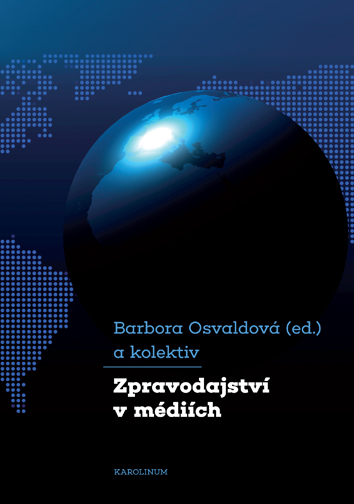 |
|
|
Cultural Differences in Concepts of Life and Partnership The study aims to describe value-formations in the area of family life and partnership in West and East Germany, the Czech Republic and Poland. The analysis of personal advertisements allowed the identification of basic values and attitudes that shape a culturally specific concept of life and partnership in each society. The comparison showed a systematic relationship: specifics in economic conditions, historical heritage and national past effect the idea of a good life and a good partnership. |
|
|
Discourses of Legitimation in the News: The Case of the Economic Crisis in Greece Vaia Doudaki – Angeliki Boubouka Examining the news coverage of the economic crisis in Greece, this book develops a framework for identifying discourses of legitimation of actors, political decisions, and policies in the news. This study departs from the assumption that news is a privileged terrain where discursive struggles (over power) are represented and take place. Incorporating systematic analysis of news texts and journalistic practices, the model contextualises the analysis in its specific socio-political environment and examines legitimising discourse through the prism of the news. Ultimately the book recognises the active role played by journalists and media in legitimating economic crisis related policies and decisions, and how they help dominant actors establish and legitimate their authority, which in turn helps journalists legitimate their own role and authority. A concise, focused book that applies a strong theoretical and methodological framework, Discourse of Legitimation in the News is a strong contribution to the field for researchers and postgraduate students. |
|
Television and Totalitarianism in Czechoslovakia: From the First Democratic Republic to the Fall of Communism The story of Czechoslovak television is in many respects typical of the cultural and political developments in Central Europe, behind the Iron Curtain. Martin Štoll, with unprecedented access to the Military Historical Archives in Prague, provides contextual insights into the issues of introducing television in the whole Socialist Bloc (save China, Mongolia and Cuba), from the introduction of television broadcasting in Czechoslovakia in 1921 through to the 1968 occupation and the Velvet revolution in 1989 – encapsulating an important point in media history within two totalitarian states. Television and Totalitarianism in Czechoslovakia examines the variability of political interests as reflected on television in interwar Czechoslovakia, including Nazi research on television technology in the Czech borderlands (Sudetenland), the quarrel over the outcomes of this research as war booty with the Red Army, the beginning of the Czechoslovak technological journey, and, finally, the institutionalized foundation of Czechoslovak television, including the first years of its broadcasting as a manifestation of Communist propaganda. |
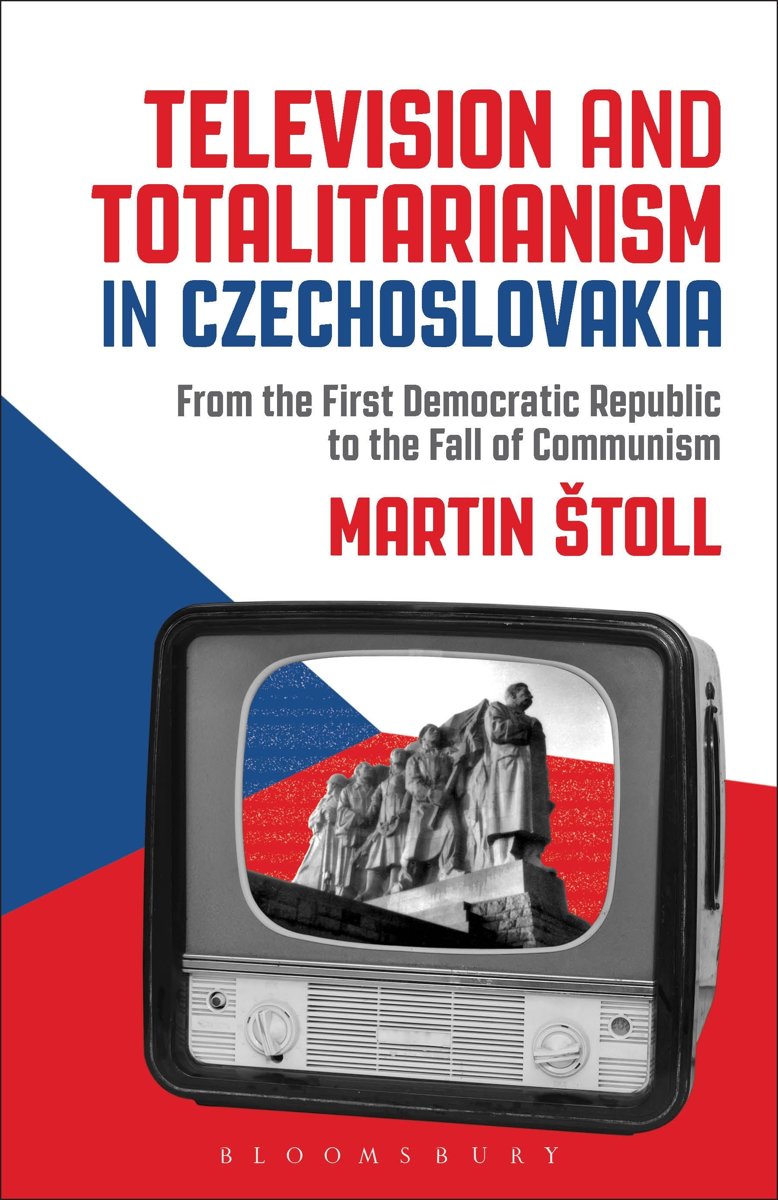 |
|
|
Lebenskonzepte und Lebensstile in West- und Ostdeutschland, der Tschechischen Republik und Polen Dieses Buch verdankt sich der Erfahrung, dass Menschen anderer Kulturen oftmals Verhaltens- und Kommunikationsweisen an den Tag legen, die einem seltsam erscheinen und die nur schwer zu verstehen sind. Ein zentrales Anliegen des Bandes ist es, solche kulturbedingten Besonderheiten durch systematische Beschreibung verständlich zu machen. Die Analyse von Kontaktanzeigen aus West- und Ostdeutschland, Tschechien und Polen erlaubte die Rekonstruktion kulturspezifischer Lebens- und Partnerschaftskonzepte sowie Lebensstile, die die Vorstellungen und Wünsche der Menschen im Hinblick auf Leben und Partnerschaft zum Ausdruck bringen. Hinter den Lebenskonzepten und Lebensstilen stehen Überzeugungen und Werthaltungen, die für deren kulturelle Spezifik in besonderem Maße verantwortlich sind. |
|
How Teenagers and Amateurs in Communist Czechoslovakia Claimed the Medium of Computer Games How amateur programmers in 1980s Czechoslovakia discovered games as a medium, using them not only for entertainment but also as a means of self-expression. Aside from the exceptional history of Tetris, very little is known about gaming culture behind the Iron Curtain. But despite the scarcity of home computers and the absence of hardware and software markets, Czechoslovakia hosted a remarkably active DIY microcomputer scene in the 1980s, producing more than two hundred games that were by turns creative, inventive, and politically subversive. In Gaming the Iron Curtain, Jaroslav Švelch offers the first social history of gaming and game design in 1980s Czechoslovakia, and the first book-length treatment of computer gaming in any country of the Soviet bloc. |
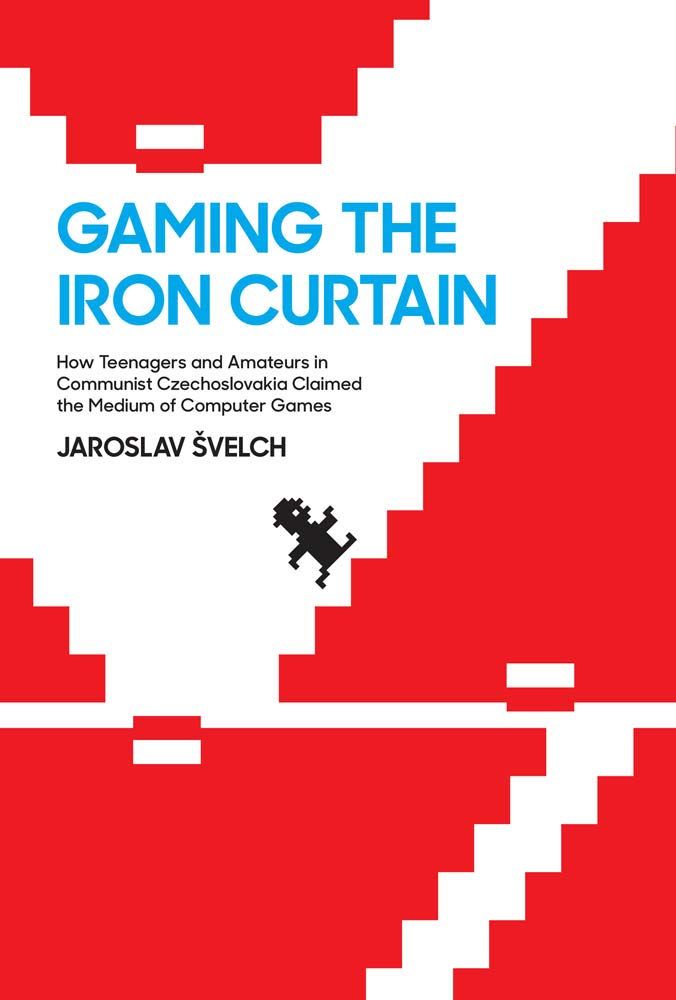 |
|
|
The Discursive-Material Knot: Cyprus in Conflict and Community Media Participation The theoretical framework of the discursive-material knot consists out of a non-hierarchical ontology of the interactions of the discursive and the material, articulating the assemblages that are driven by this ontological setting as restless and contingent, sometimes incessantly changing shapes and sometimes being deeply sedimented. This book acknowledges the importance of discourse studies, in having produced a better understanding of the socio-political role of frameworks of intelligibility, and of materialism theory in highlighting the importance of the agentic role of materials. Still, the combination of the discursive and the material requires our attention in a much more fundamental way; that is where this book’s first platform aims to provide a contribution. |



